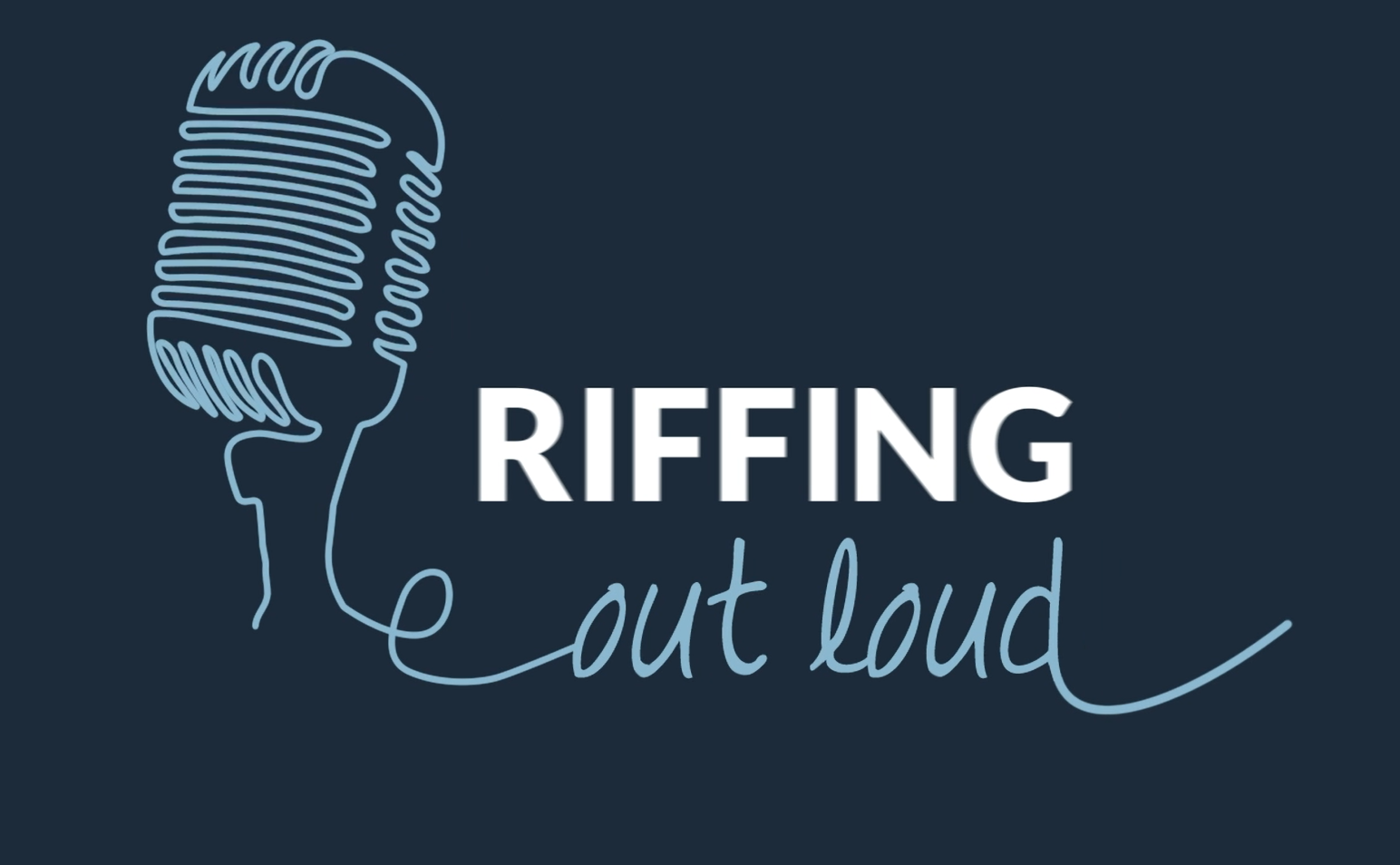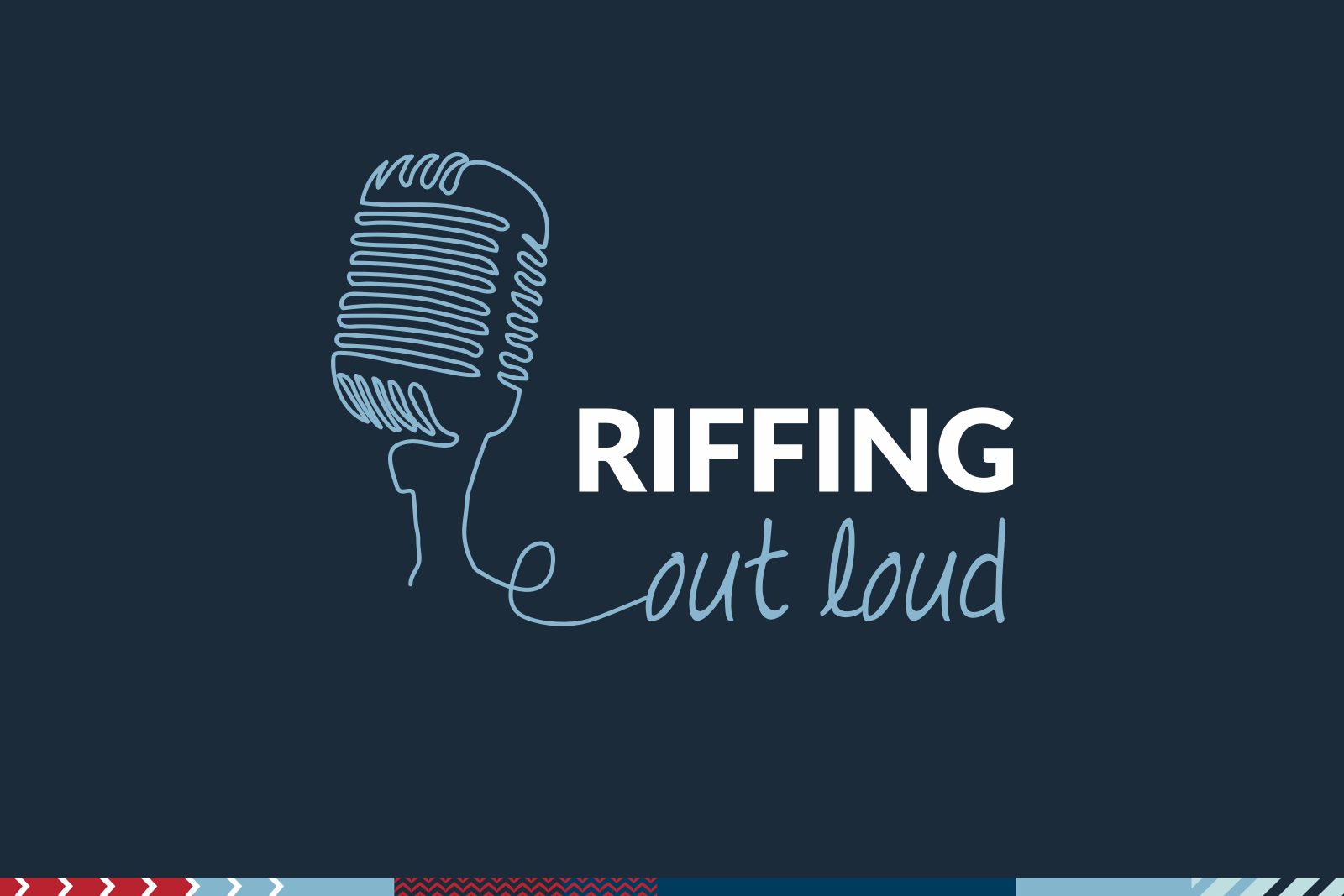RIFFING OUT LOUD: Attention Economy

Listen to or read riffs on the latest topics and trends from our colleagues across the agency. We’d love to hear what you think too! Be sure to leave a comment and join the conversation.
Attention Economy
Lately, I’ve been thinking about Gen Z and our relationship with the attention economy— the theory that attention is an economic resource companies must compete for. The choice overload Gen Z experiences in the digital age means brands that want our attention have to work for it, and cutting through the noise on social media is critical.
We don’t have unlimited attention to give to every brand, but the brands that do attract and maintain Gen Z’s attentioncan benefit from our unique ability to start viral trends. The McDonald’s Grimace shake trend—where the brand’s heritage character hunts down everyone who buys his namesake shake— is an example of what can happen when a brand succeeds in leveraging our short attention spans and allows culturally tapped-in customers to co-create a promotion.
While McDonald’s couldn’t create the Grimace shake trend—trends must develop organically on social media—the brand did draw Gen Z’s initial attention to the shake with their traditional campaign by capitalizing on their previous success with celebrity meals and bringing in an element of nostalgia. And when Gen Z turned the Grimace shake campaign into something unexpected and unique, McDonald’s didn’t interfere as some brands may have been tempted to do given the trend’s dark humor. Instead, McDonald’s allowed the trend to build its own momentum and garner the kind of attention a brand cannot buy.
A Few Key Takeaways
-
Gen Z’s attention is scarce—and its own form of currency.
-
Brands can lay the groundwork to grab Gen Z’s attention, but organic, viral attention on social media may be the most valuable.
-
Brands can harness that organic, non-monetized social engagement into conversion and customer loyalty.
Read the full blog:
Katelyn Ambaruch was a 2023 Strategic Services summer intern who is completing her senior year at the University of Minnesota, Carlson School of Business.

